Research and Wisdom Shared at FPA Graduate Conference
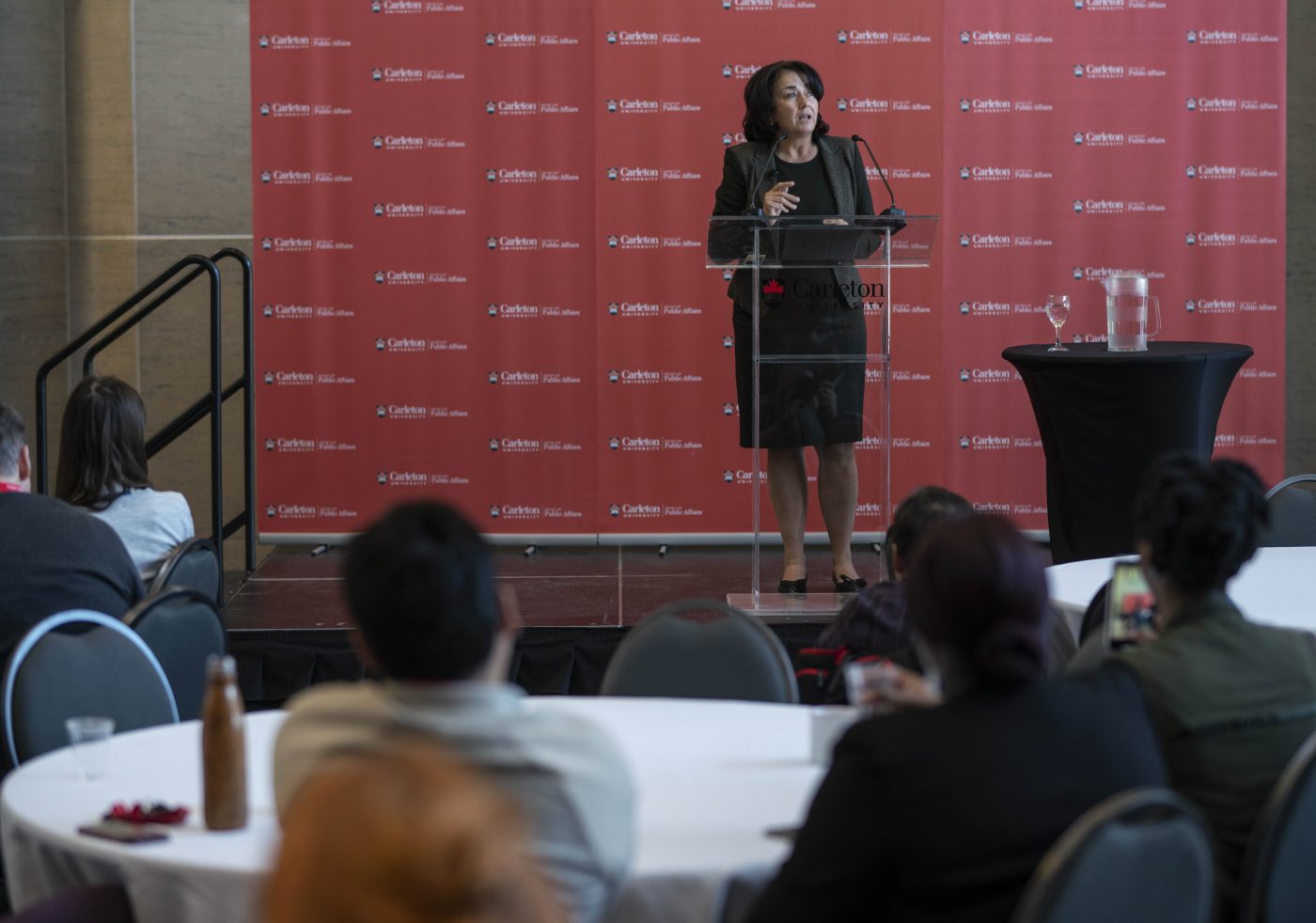
From economics and political economy to public policy issues in the areas of health, technology, media and feminism, FPA graduate students from across the Faculty shared their research and ideas at the Emerging Perspectives: FPA Graduate Conference. The inaugural two-day conference is part of FPA Research Month, which runs from February 24 – March 24.
“The quality of research presented and discussions that took place during the conference was very impressive,” said André Plourde, Dean of the Faculty of Public Affairs. “The event truly reflected the values of our Faculty—to inform citizenship, to help build stronger democracy and stronger societies, and to address regional and global challenges.”
Carleton President Benoit-Antoine Bacon congratulated the students on the impressive conference program they had organized.
“Just looking at themes such as energy and indigeneity, these are problems we face in society that don’t stop at disciplinary boundaries,” said Bacon. “Thank you for doing this important work.”
In addition to two days of discussion panels, professional development workshops and networking events with alumni, the conference also featured a keynote address by Carleton Chancellor and former Treasury Board Secretary Yaprak Baltacıoğlu.
She brought her 29 years in public service to bear as she shared what she has learned about careers and leadership with Carleton University graduate students.
“At one time, I was sitting where you are now,” said Baltacıoğlu, who earned a Master of Arts, Public Administration from the School of Public Policy and Administration (SPPA). “Your family, your university and your country are investing in you. You are the next generation of leaders.”
She went on to list several key attributes that helped her succeed during her long time in public service. These included:
• Your career isn’t only about personal gain.
• Try to anticipate change. Be curious and have foresight.
• Be humble.
• Be yourself and know yourself.
• Empower your people.
• A public service career can be surprisingly diverse.
Read more about Yaprak Baltacıoğlu’s speech.
Showcase for Graduate Student Research
The Emerging Perspectives conference featured dozens of graduate presenters. Here are just a few:
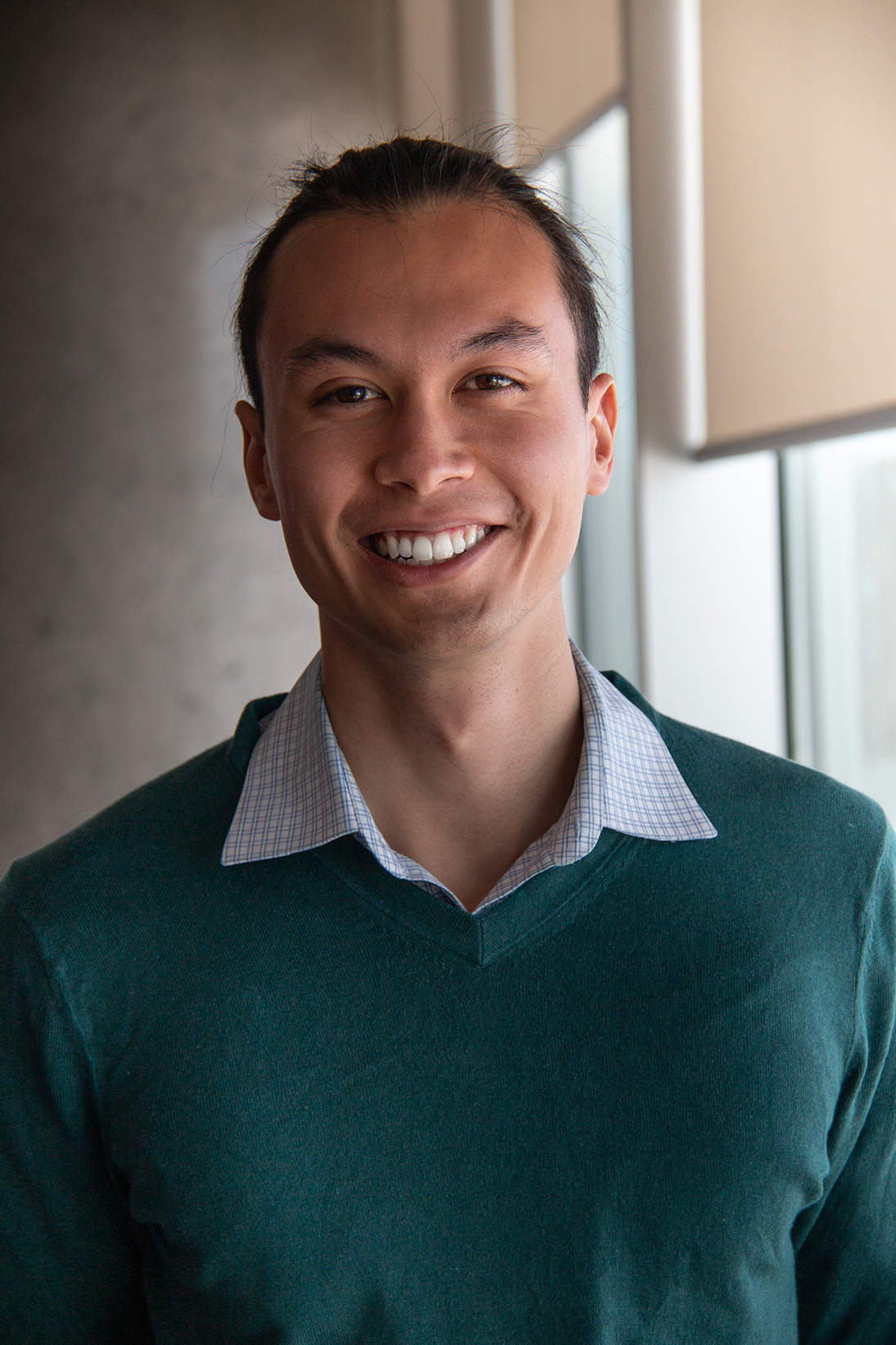
Joshua Russell, Master of Arts, Sustainable Energy Policy
Joshua is working with the MoCreebec Eeyoud First Nation community in Moose Factory, Ontario to better understand energy-related issues in the community in order to inform future community decisions. His research focuses on occupant behavior in the residential sector (how electricity is used in homes) and community preferences for different types of electricity generation technologies. His research will help develop a vision for energy provision and energy use in the community of MoCreebec Eeyoud based on goals in the community’s existing energy plan. It will consider the balancing of supply side and demand side solutions by exploring how various energy sources can be used by time of day and by season, as well as how demand and economic opportunities could be best aligned with available supply.
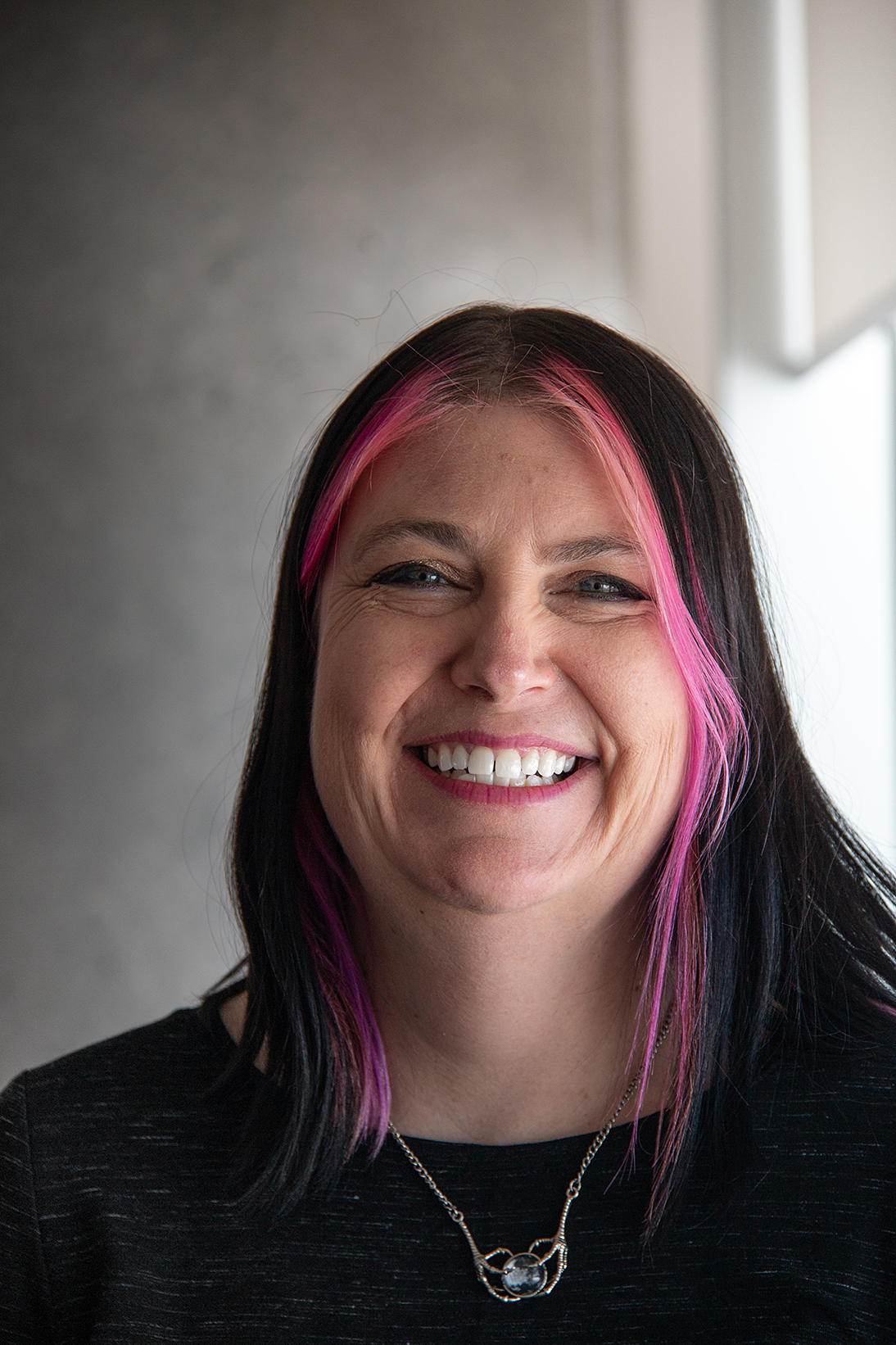
Tamara Banbury, Master of Arts, Law and Legal Studies
Tamara’s research is on the growing subculture of “voluntary cyborgs”: people who implant technology in their bodies for enhancement or augmentation purposes. She cites countries such as Sweden where an implanted microchip can be used as a rail pass or debit card.
While North America has been slower to adopt the idea, Tamara postulates that implanted technology will eventually become the norm in our society.
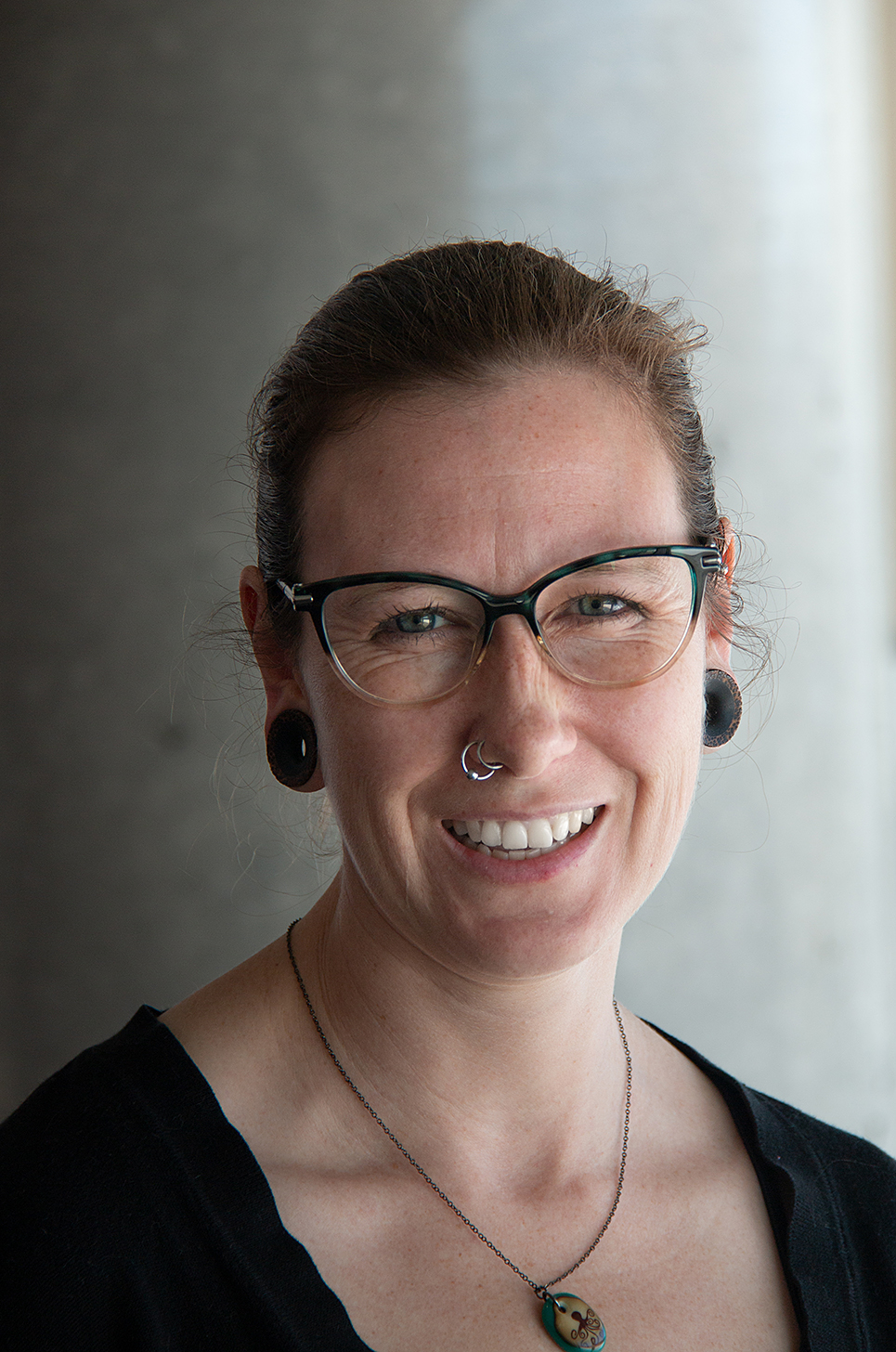
Robyn Hoogendam, PhD, Public Policy
Robyn is studying how the increase in accountability expectations for federally-funded nonprofit organizations is affecting gender-specific organizations.
Within Status of Women Canada, she found this increase is exemplified throughout their reports and publications. Her research seeks to understand the rise in the rhetoric of transparency and accountability, and how this may have led to impacts on and changes to how gender-specific organizations are funded and operate, and how gender-based violence work is undertaken in Canada.
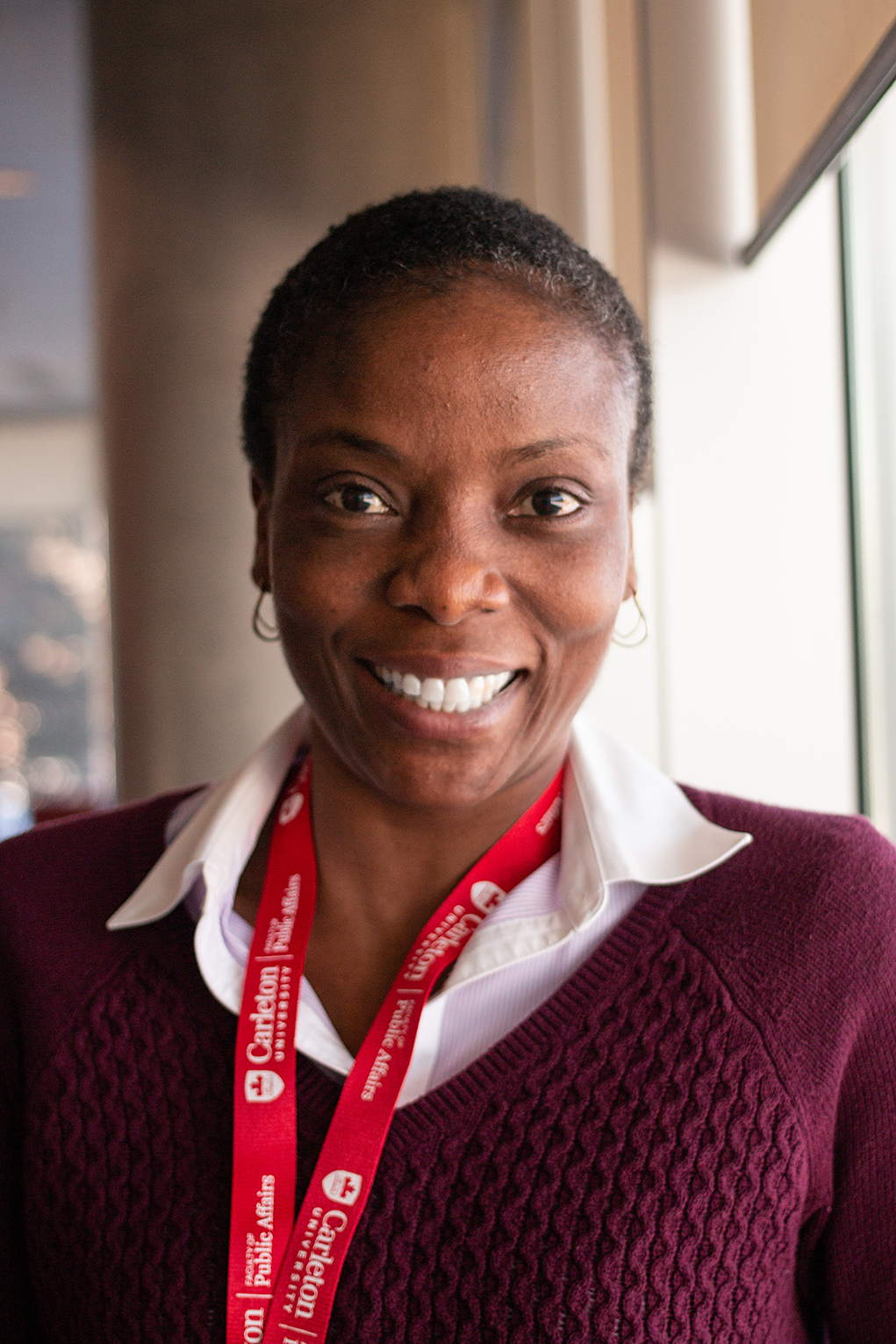
Ekpedeme Edem, PhD, Law and Legal Studies
Ekpedeme looks at the securitization of immigration and its impact on the labour market. While immigrants are often viewed as security threats, Ekpedeme points out that what security threat means is not so clear.
“It’s not really about terrorism, but human capital when determining who comes in and who stays out,” she says. “Immigration is, in fact, discretionary.”
The conference is part of FPA Research Month, a month-long event series that celebrates and recognizes research in the Faculty of Public Affairs.